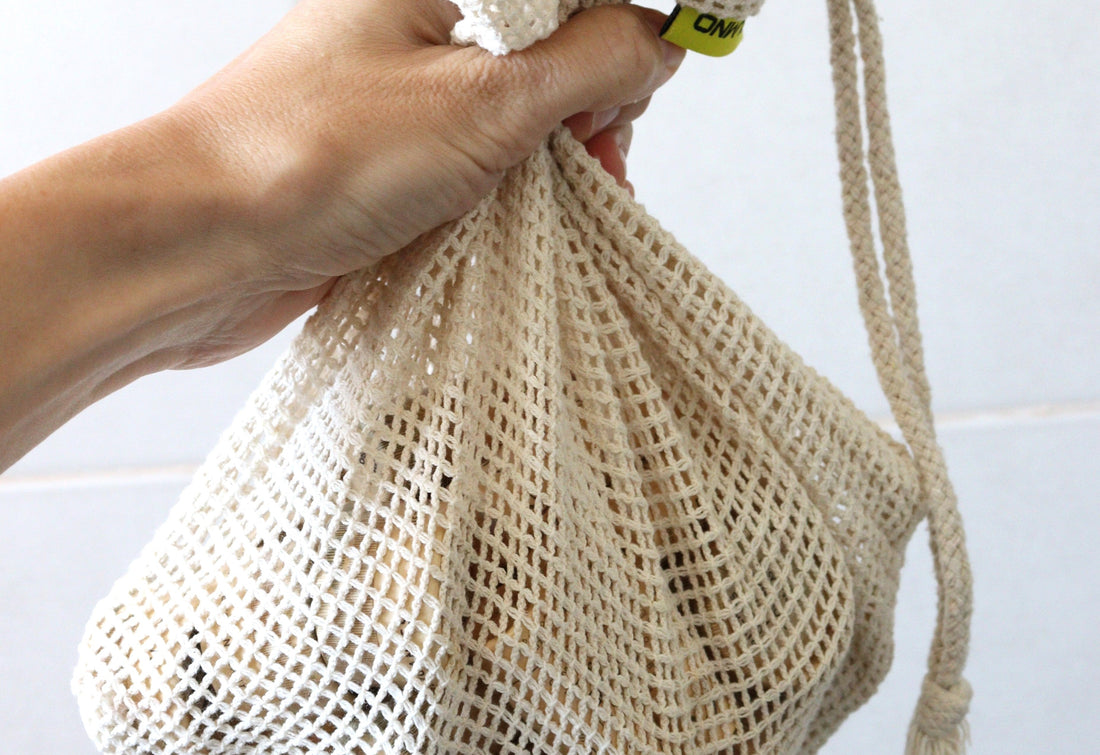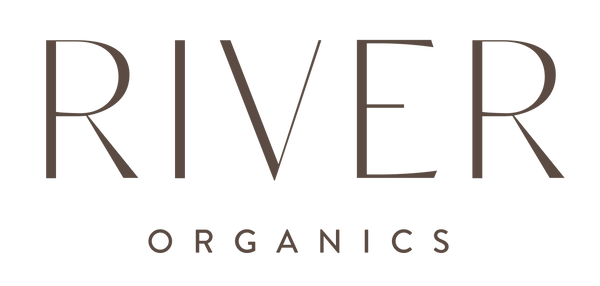
What’s Not in Your Makeup Matters: Our Approach to Clean Beauty
The products we use daily have a profound impact—not just on our skin but on our overall health and the environment. Many cosmetics on the market today rely on synthetic chemicals to achieve certain textures, colors, or shelf stability. While these ingredients are often deemed "safe" in small amounts, their cumulative impact on our bodies and the planet is a growing concern. We believe in doing better. That’s why we carefully select every ingredient that goes into our products and, just as importantly, avoid certain chemicals altogether.
Take parabens, for example. These preservatives are commonly found in cosmetics to prevent bacteria growth and extend shelf life. Yet, studies have shown that parabens can mimic estrogen in the body, potentially disrupting hormone function. Similarly, phthalates—often used to make fragrances last longer—are known endocrine disruptors that can interfere with reproductive health. These chemicals may enter our bodies in small doses, but their persistent presence in everything from cosmetics to household products means that they add up over time, creating a burden on our health.
Silicones, another frequent ingredient in beauty products, are prized for their ability to create a silky, smooth texture. However, they are non-biodegradable, meaning they accumulate in the environment, contributing to long-term ecological damage. On the skin, silicones can act as a barrier that prevents it from breathing and functioning naturally. Likewise, petroleum-derived ingredients like mineral oil and paraffin wax—used to create glossy finishes or smooth application—come from non-renewable fossil fuels and can clog pores, leaving the skin unable to perform its natural detoxifying processes.
Even seemingly innocuous ingredients like synthetic dyes and fragrances pose risks. Synthetic dyes, labeled as FD&C or D&C colors, are often derived from petroleum or coal tar and may contain heavy metal contaminants. The FDA allows these dyes in cosmetics, but their safety is questioned by studies linking them to allergic reactions. Similarly, synthetic fragrances often include a cocktail of undisclosed chemicals, some of which have been linked to skin irritation and allergic reactions.
Consider this: The average woman uses about 12 personal care products daily, exposing herself to 168 different chemicals, according to the Environmental Working Group (EWG). While regulatory agencies claim these chemicals are safe in small doses, the long-term effects of this daily exposure remain largely unstudied. When you combine this with the environmental toll—non-biodegradable silicones, microplastics from glitters, and petroleum-derived ingredients polluting waterways—the cost of these beauty products extends far beyond what’s visible.
Rather than relying on these common fillers and synthetic chemicals, we formulate our products with plant-based oils, butters, and waxes. For example, instead of petroleum-derived waxes in our eyebrow products, we use natural alternatives like candelilla wax. Our lip balms and stains skip the synthetic dyes and alcohols, opting instead for iron oxides. And in place of talc, often linked to contamination concerns, in our products such as blushes, brow wax, mascara and more, we use rice starch and clays for a velvety finish.
Choosing natural, clean ingredients isn’t just about avoiding harm—it’s about offering something better. Oils like jojoba and plum nourish the skin while enhancing the performance of the product. Ethically-sourced mica in our highlighters provides a subtle, natural glow without resorting to synthetic glitters or harmful mining practices. Every ingredient is chosen with care, not just to perform well but to respect your health and the environment.
It’s worth asking: If the beauty industry relies so heavily on chemicals to improve texture, color, or longevity, what is the true cost to us and to the planet? By choosing products free from harmful chemicals, you’re reducing the burden on your body and contributing to a cleaner, more sustainable world. What’s not in your makeup truly matters.
